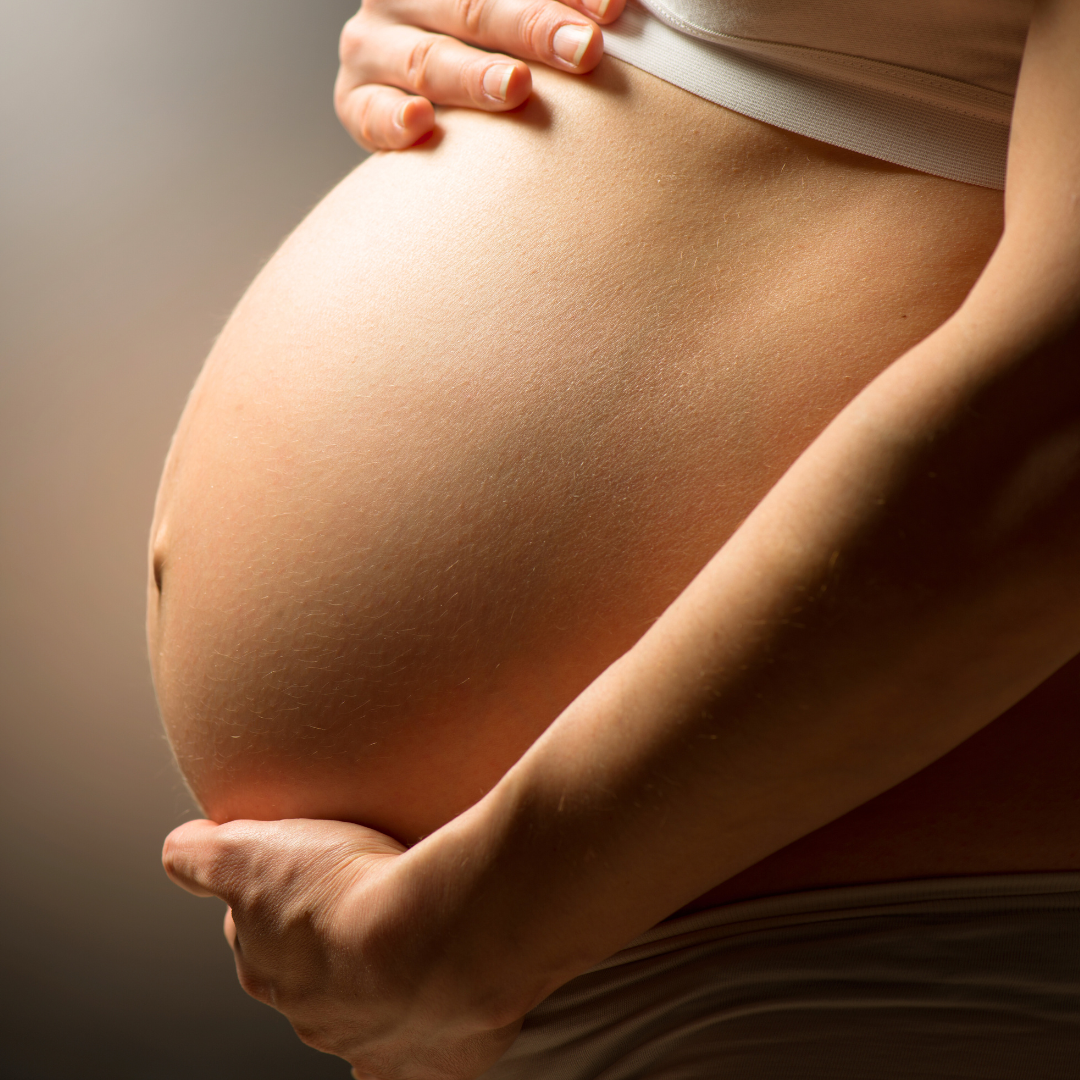Pregnancy is a miraculous journey filled with incredible changes and milestones. As an expectant mother, you prioritize the health and well-being of both yourself and your growing baby. One crucial aspect of prenatal care that should never be overlooked is staying hydrated. In this blog post, we will explore the immense importance of maintaining proper hydration during pregnancy and how it positively impacts both you and your baby.
Importance Of Staying Hydrated During Pregnancy
Supports overall health. Water is essential for the optimal functioning of your body systems. Staying hydrated helps with digestion, circulation, nutrient absorption, waste elimination, and maintaining a healthy body temperature.
Promotes fetal development. Ample hydration supports the development and growth of the fetus. It helps in the formation of the placenta and amniotic fluid, which protect and nourish the baby in the womb. Sufficient hydration also aids in the delivery of essential nutrients to the developing baby.
Prevents common pregnancy discomforts. Adequate hydration can help alleviate common discomforts experienced during pregnancy, such as constipation, hemorrhoids, and urinary tract infections (UTIs). Water aids in softening stools, preventing constipation, and flushing out bacteria from the urinary tract.
Reduces the risk of complications. Dehydration during pregnancy can increase the risk of certain complications. It may contribute to preterm labor, low amniotic fluid levels, and urinary tract infections. By staying hydrated, you can help reduce these risks and promote a healthier pregnancy.
Combats fatigue and improves energy levels. Pregnancy can be physically demanding and may lead to fatigue. Drinking enough water helps combat fatigue and keeps energy levels up, allowing you to better cope with the demands of pregnancy.
It’s important to note that the water needs during pregnancy can vary based on individual factors such as activity level, climate, and underlying health conditions. However, a general guideline is to aim for about eight 8-ounce glasses of water per day (about 2 liters).
Risks Of dehydration during pregnancy.
Dehydration during pregnancy can pose various risks and complications for both the mother and the developing baby. It is important to be aware of these risks and take steps to prevent dehydration. Here are some potential risks of dehydration during pregnancy:
Reduced Amniotic Fluid Levels. Dehydration can lead to a decrease in the volume of amniotic fluid, which serves as a protective cushion for the baby. Insufficient amniotic fluid may impact fetal development and increase the risk of birth defects.
Preterm Labor. Dehydration can trigger contractions and increase the risk of preterm labor. Premature birth poses potential health challenges for the baby, including respiratory issues, developmental delays, and other complications.
Urinary Tract Infections (UTIs). Dehydration reduces the production of urine, which can increase the risk of developing UTIs. UTIs during pregnancy can lead to more severe complications, such as kidney infections, which can potentially harm both the mother and the baby.
Dizziness and Fainting. Insufficient fluid intake can result in low blood pressure, leading to dizziness and fainting spells. Falls due to fainting pose a risk of injury to both the mother and the baby.
Constipation. Dehydration can contribute to constipation, which is already a common issue during pregnancy. Constipation can cause discomfort, abdominal pain, and potentially lead to hemorrhoids.
Signs And Symptoms Of Dehydration
During pregnancy, it’s important to be aware of the signs and symptoms of dehydration. Recognizing these signs early can help you take the necessary steps to prevent further dehydration and its potential complications. 5 common signs of dehydration during pregnancy are dark colored urine, decreased urination, fatigue and dizziness, headaches and unexplained muscle cramps (particularly in the legs).
Remember, these signs can vary in severity, and experiencing one or more of them does not necessarily mean you are severely dehydrated. However, it’s important to address these symptoms and increase your fluid intake to maintain proper hydration.
Tips for Staying Hydrated During Pregnancy
Drink Water Regularly. Aim to consume at least eight 8-ounce glasses of water per day (about 2 liters) and adjust based on your individual needs and circumstances.
Include Hydrating Foods. Incorporate water-rich fruits like watermelon, grapes, and oranges, as well as vegetables such as cucumbers and lettuce into your diet.
Set Reminders. Use reminders on your phone or set specific times throughout the day to drink water to ensure you stay consistently hydrated.
Carry a Water Bottle. Keep a refillable water bottle with you at all times to make it convenient to sip on water throughout the day.
Manage Morning Sickness. If you experience morning sickness or vomiting, consult your healthcare provider for strategies to manage it and prevent dehydration.
It is important for pregnant women to stay vigilant about their hydration levels and take steps to prevent dehydration. To maintain proper hydration, drink plenty of water throughout the day, include water-rich foods in your diet, and avoid excessive caffeine and sugary beverages. Be mindful of the signs of dehydration, such as dark urine, infrequent urination, fatigue, dizziness, and headaches. If you experience any symptoms of dehydration or have concerns, consult with your healthcare provider for guidance and appropriate hydration strategies.
At Tennessee Hydration, we offer IV Drips that can help you stay hydrated and rehydrate during pregnancy (we just need a note from your doctor). Give us a call to schedule your appointment today.

Be the first to comment